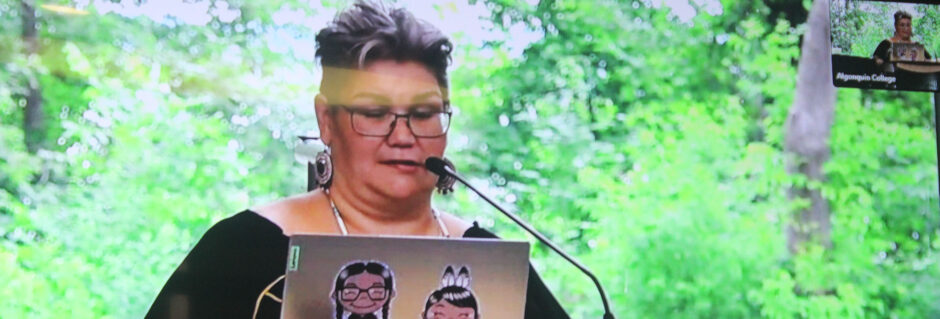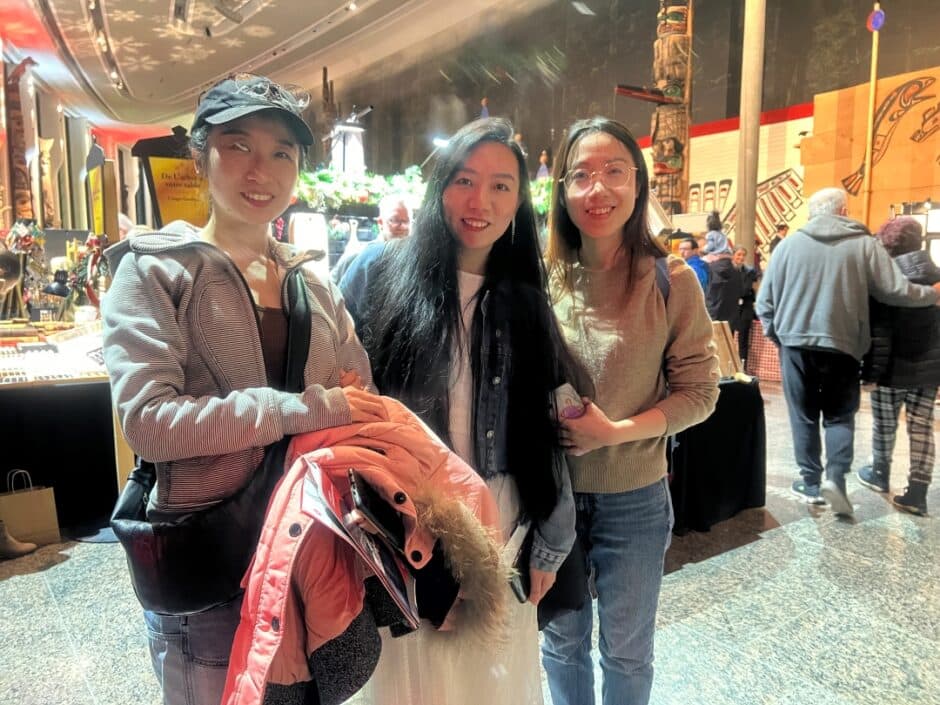Living through COVID-19 with a weakened immune system
Algonquin students Tian Boon and Beth Hernan don’t know each other, but they do have something in common: the early childhood education and electrical engineering students (respectively), both suffer from diseases that weaken their immune systems.
It’s a vital component of their health that can determine whether COVID-19 will mean life or death for them.
Boon, 19, was diagnosed with an invisible disease called Lupus in December 2010 and has had to endure chemotherapy between 2011-2013 to help with her Lupus.
According to Lupus Canada, Lupus is a chronic autoimmune disease defined by inflammation in one or more parts of the body. It can target any tissue or organ of the body. Symptoms include inflammation, swelling and damage to kidneys, blood, heart and lungs. Currently there is no cure for Lupus.
The Government of Canada website on coronavirus lists people with compromised immune systems as having an increased risk of more serve illness including pneumonia or death.
Elderly people, newborns and pregnant women also have compromised immune systems. Some medications such as steroids can weaken your immune system.
Boon has had moved back to her hometown in Barrie, Ont. and has not left the house since March 18.
“My mom wanted me to come back to my hometown to be close to her if something happened,” said Boon.
Hernen, is one of about 4,370 Canadians with the autoimmune disease Cystic Fibrosis, according to Cystic Fibrosis Canada.
Cystic Fibrosis is a genetic disorder that affects the lungs, the pancreas, liver, kidneys and intestines. Long-term issues include difficulty breathing and coughing up mucus because of frequent lung infections.
Hernen, 23, was diagnosed with Cystic Fibrosis when she was three weeks old.
People with regular immune systems can create antibodies to fight against infection and lower their chances of any issues from coronavirus.
Boon and Hernen’s immune systems, however, lacks those essential antibodies to fight off viruses so they’re both forced to take extra precautions, like washing their hands more often.
“Since I have no immune system, it’s hard for me to fight off sickness when I get a cold I could get strep or even end up in the hospital,” said Boon.
Lung viruses, such as a coronavirus, can cause severe illness in people who have a weak immune system, and can sometimes result in death.
Self-isolation is important to keep Hernen and Boon healthy. Hernen has already experienced low lung function along with her weakened immune system.
“If I catch anything as small as a cold, it can be life-threatening, so something as serious as COVID-19 would be a death sentence,” said Hernen.
As for Boon, self-isolating is what’s helping to keep her healthy.
“I would say don’t always think about yourself, consider other people and what your actions can affect,” said Boon.
Hernen has been told by her doctor to self-isolate for 12 weeks. She has been in isolation for the past 12 days. Hernen is prepared to self isolate until June 1 if she has to.
“People need to understand that their actions are risking others and their families,” said Hernen.
For Boon and Hernen, the choices made by others now can have serious and deadly consequences to their health.
“I shouldn’t have to die because strangers can’t listen to an easy request to stay home,” said Hernen.








